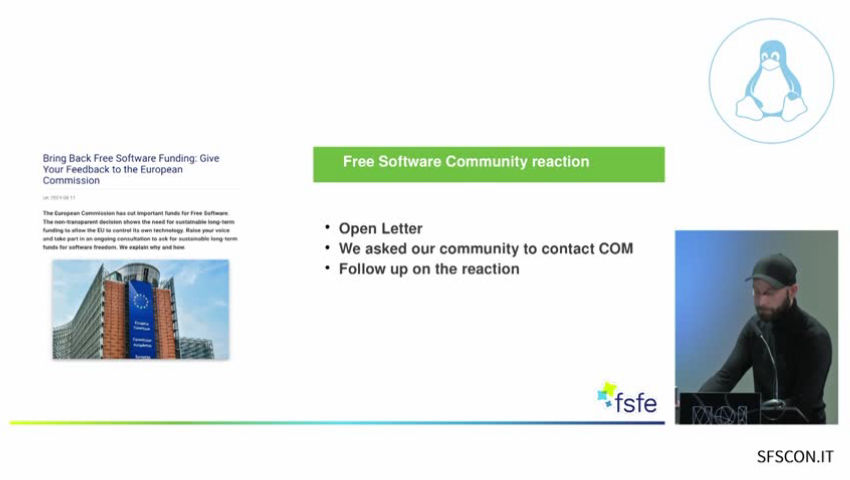

Uh. My condolences. Do they also force you to use the software installed on Windows? Otherwise you could just image Fedora and run it in a virtual machine inside of Windows 11. Technically, I guess that’d fulfill the requirement with Windows 11 on the computer… Just that you don’t use it for more than log in, start the Linux VM and expand it full-screen.







Yes, that will be an issue. I guess not a technical one, Linux is perfectly able to fetch a token and connect to network shares etc. Not sure how that works with Email and the modern cloud office stuff. But likely, the IT department will have to enforce that policy as well. That’s why I asked if OP has to use software on Windows (11)… Otherwise, if it worked 4 years without issues… maybe there is no issue with Active Directory…